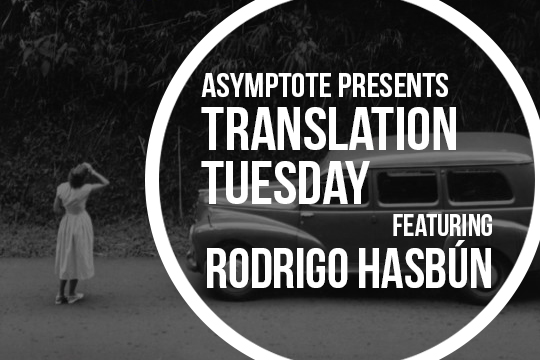You marry a man with the same name as your father and this doesn’t amuse you. Your father isn’t there to shake his hand or to hug you, to offer you up with these gestures to the man who will take his place. At your own wedding, at least for a couple of seconds, you feel like the loneliest woman in the world. All women must feel this at their weddings, you think, in an effort to console or merely entertain yourself, or perhaps to do both things at once. Trixi is the only one there with you. That afternoon your family has reduced itself to her alone, and there’s something heartbreaking about this basic realization, but also something incomprehensibly liberating. Until recently, you thought that you would never do it, that marriage wasn’t for you. Months after meeting him, perhaps believing in the promise of a different life, one unremarkable Saturday you get married.
* * *
On the wedding night he can’t get an erection. You see him naked for the first time: his sinuous body, his long, slim dick, the scar from his peritonitis operation, and feel not a hint of excitement or conviction. Is this a typical wedding night? He touches you all over with his soft, rich kid’s hands. He licks your nipples and neck, kisses you clumsily either in desperation or impatience, perhaps fearing you or himself, but he can’t get an erection, not even when you stroke his dick. You wonder whether he might still be a virgin, whether perhaps he’s only ever been with whores, whether it isn’t women he’s into at all, whether he, like you, doesn’t understand why he got married. You wonder what your parents’ wedding night must have been like—it’s always been beyond you to imagine them young. You think about how your children won’t be able to imagine you. “You’re distracted,” your husband says. He’s a silent man, he knows how to look at himself from a distance. It’s the thing you most admire in him, perhaps the only thing you admire. Despite what you always believed, it’s something you have forgotten how to do. You feel too close to yourself, and from there everything looks blurred. “No,” you tell him, “I’m not.”
* * *








